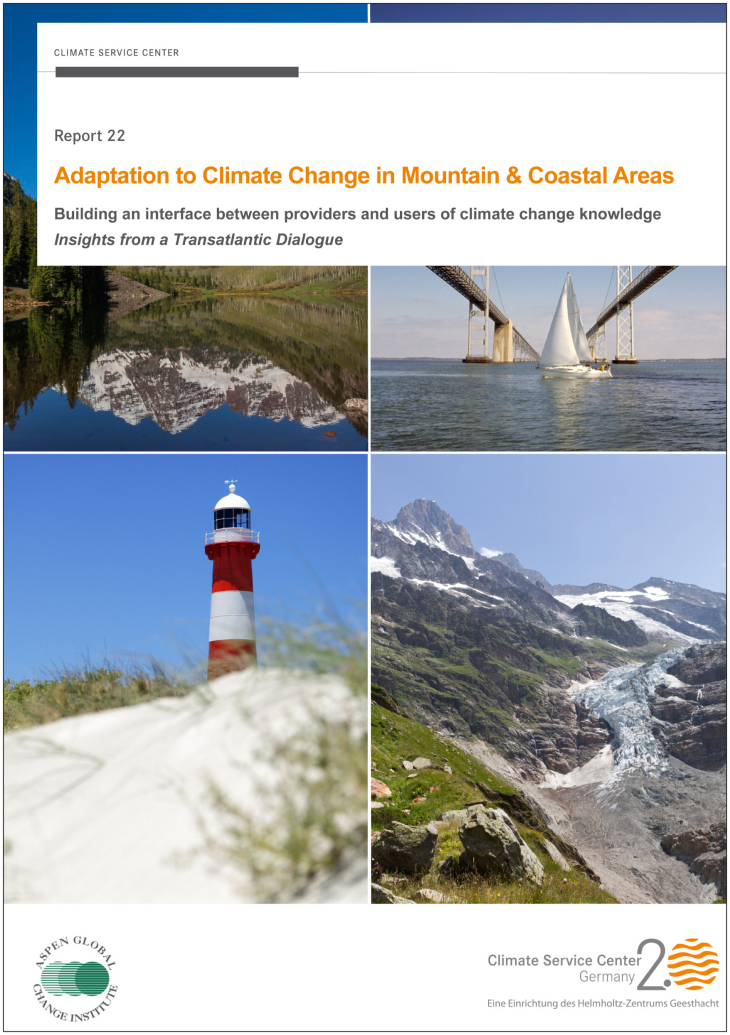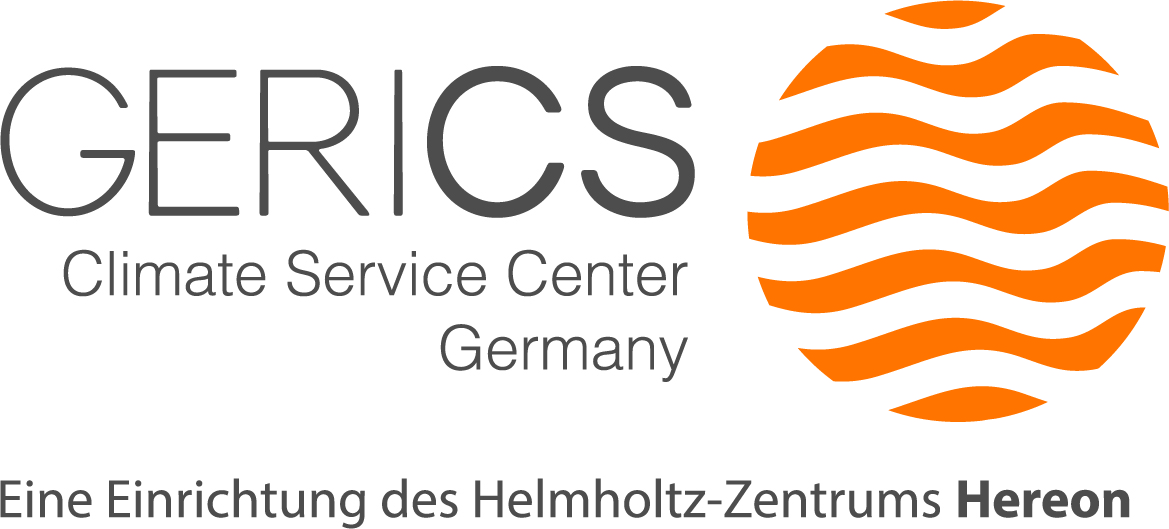Adaptation to Climate Change in Mountain & Coastal Areas
Building an interface between providers and users of climate change knowledge - Insight from a Transatlantic Dialogue

© Climate Service Center
As the impacts of climate change become more immediate, adaptation to these changes is becoming a greater area of interest and concern among resource managers, planners, and other stakeholders at all scales. However, in spite of advancements in the scientific understanding of climate change, much progress is needed in developing, translating, and disseminating usable knowledge to inform both individual and collective actions, especially at local levels of decision making. As part of this, increased emphasis has been placed on fostering sustained engagement between research communities and users of climate information. Additionally, the documentation of case studies as well as the development of networks that include researchers, practitioners, decision-makers and stakeholders have been identified as helpful mechanisms to support a growing number of communities developing climate change adaptation strategies.
The diversity of climate change risks, physical, socioeconomic, and ecological contexts, available resources and response options, decision-making processes, and cultural norms shape the societal response to climate change across political and physical geographies. The resulting diversity of approaches makes it difficult to establish best practices and common ground for interaction between research and stakeholder communities.
Working under the hypothesis that comparing these significant differences can help to identify transferable lessons useful for improving strategies for climate change response (adapting to climate change impacts and reducing emissions), we compared experiences in mountain and coastal areas, in the United States and Europe: In 2013, the Aspen Global Change Institute and the Climate Service Center in Hamburg, Germany, hosted two innovative workshops that brought together an international group of scientists, stakeholders, resource managers, and elected officials from six specific case regions:
- Bay of Kiel, Germany
- Grindelwald, Switzerland
- Virgen, Austria
- Roaring Fork Valley, Colorado, U.S.A.
- Chesapeake Bay, U.S.A.
- Outer Banks, North Carolina, U.S.A.
The diversity of institutions, cultures, political economies and biophysical and societal impacts included in these case study regions provided a unique opportunity for the cross-pollination of ideas and expansion of networks across institutional, disciplinary and national boundaries. After all, mountain and coastal communities face a number of immediate impacts of climate change from sea level rise on the shores to altered streamflow in mountain streams. The rationale of convening these regional communities therefore was to extract best practices, support the implementation of adaptation measures at regional and local levels, and promote the development, comparison and transfer of scientific and human approaches in areas where climate change is already and will continue to be a critical component of planning and resource management.
Report 22: Adaptation to Climate Change in Mountain & Coastal Areas
